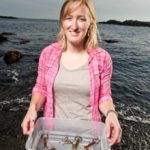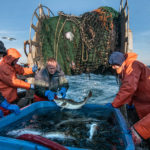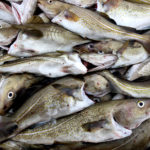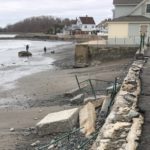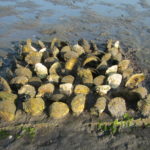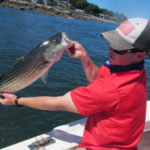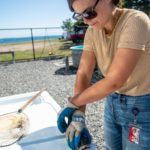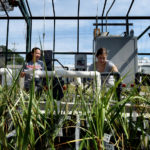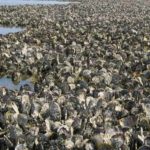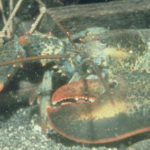About Jonathan Grabowski
Prof. Grabowski’s research interests span issues in ecology, fisheries and conservation biology, and ecological economics. Prof. Grabowski’s lab has used a variety of estuarine (oyster reef, seagrass, salt marsh, mud bottom) and marine (kelp bed, cobble-ledge) systems to examine how resource availability, habitat heterogeneity and predation risk affect population dynamics, community structure, and ecosystem functioning. Much of this work focuses on economically important species such as lobsters, cod, herring, monkfish, and oyster reef and seagrass communities, and consequently is relevant for fisheries and ecosystem management. Prof. Grabowski’s lab also focuses on how habitat degradation and restoration influence benthic community structure, population structure, and the transfer of energy to higher trophic levels. In addition, Prof. Grabowski is interested in how management initiatives such as closed areas, fishing gear modifications, and fishing effort reductions impact local habitat recovery, fisheries productivity, and the balance of resident and migratory life-history strategies for species such as cod. Finally, Grabowski’s lab is also examining a number of other important topics aimed at enhancing our ability to restore and conserve aquatic species and ecosystems: fish migratory behavior, population structure, and age validation; the economic value of ecosystem services associated with coastal habitats; seafloor habitat mapping and its role in ecosystem management; and the influence of climate change and biogeography on species range shifts, ecological interactions, and ecosystem functions.
The Grabowski lab focuses on marine ecology, fisheries, conservation biology, social-ecological coupling, environmental policy, and ecological economics.
Publications:
-
Google ScholarRead


